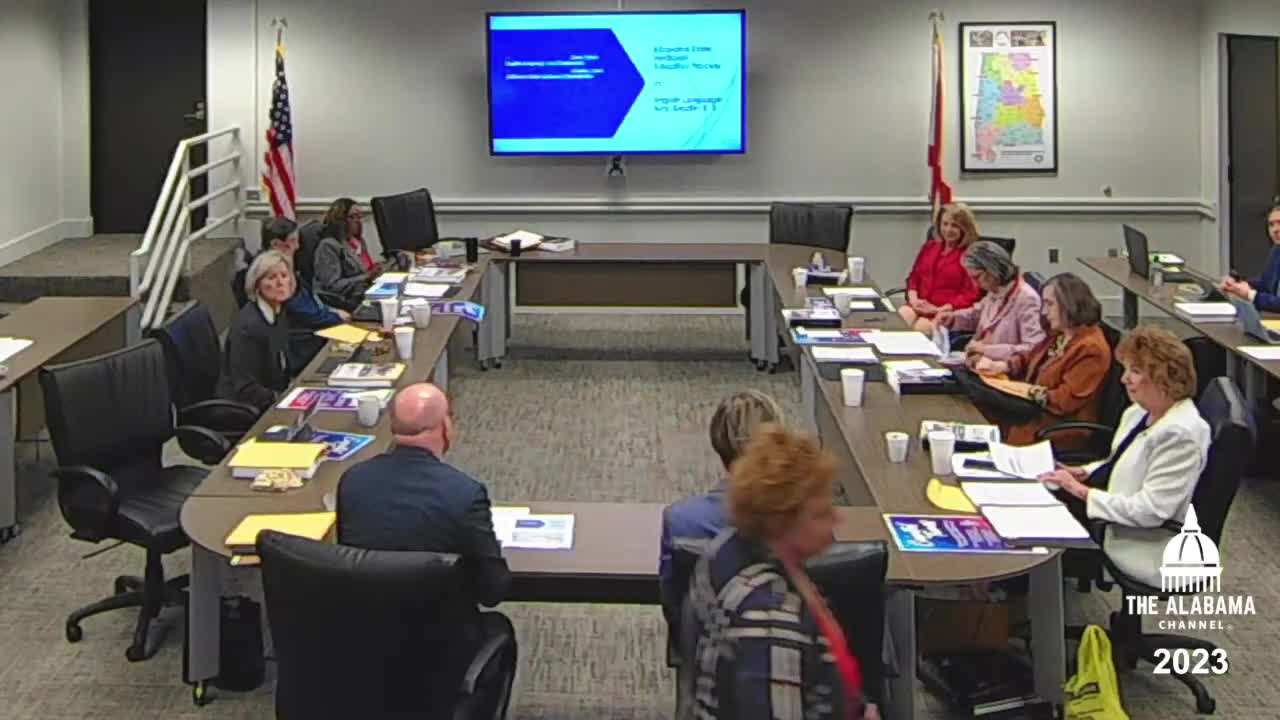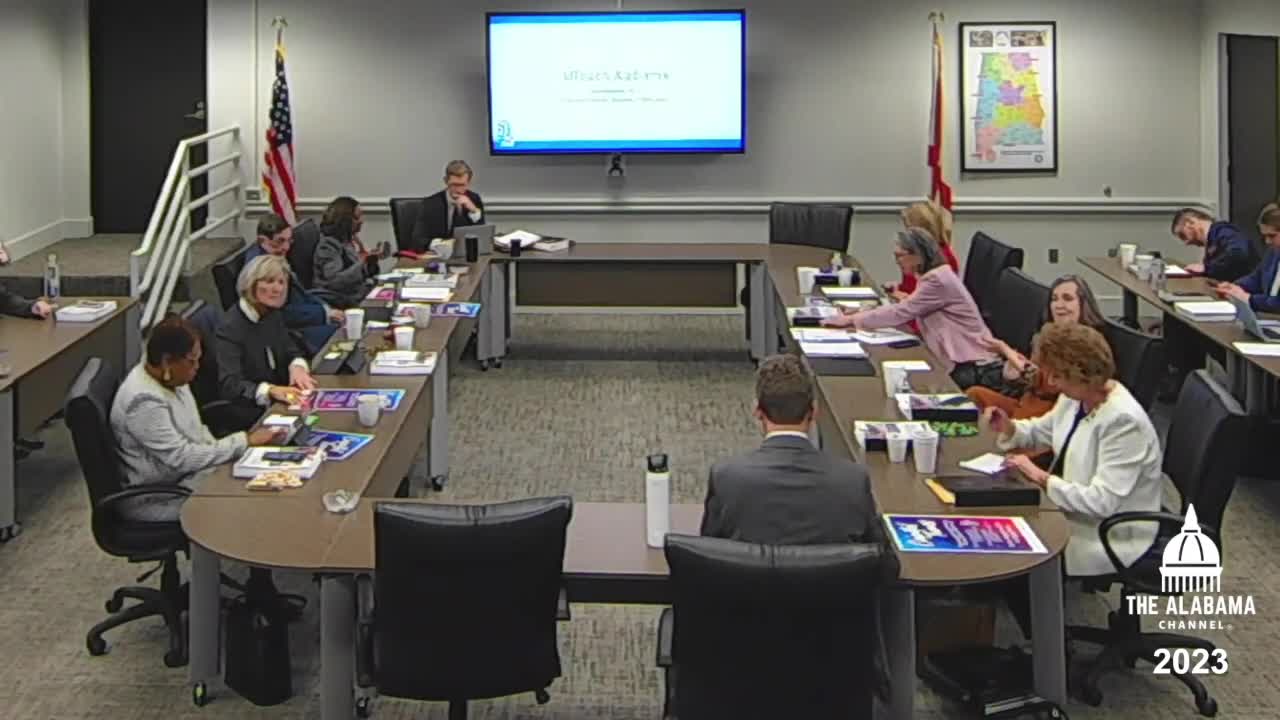Article not found
This article is no longer available. But don't worry—we've gathered other articles that discuss the same topic.

House leaders press for clearer state plan on early childhood, teacher pipeline and workforce; board pledges closer cooperation

State textbook committee recommends K–3 ELA materials after second review; board to consider vote in March

